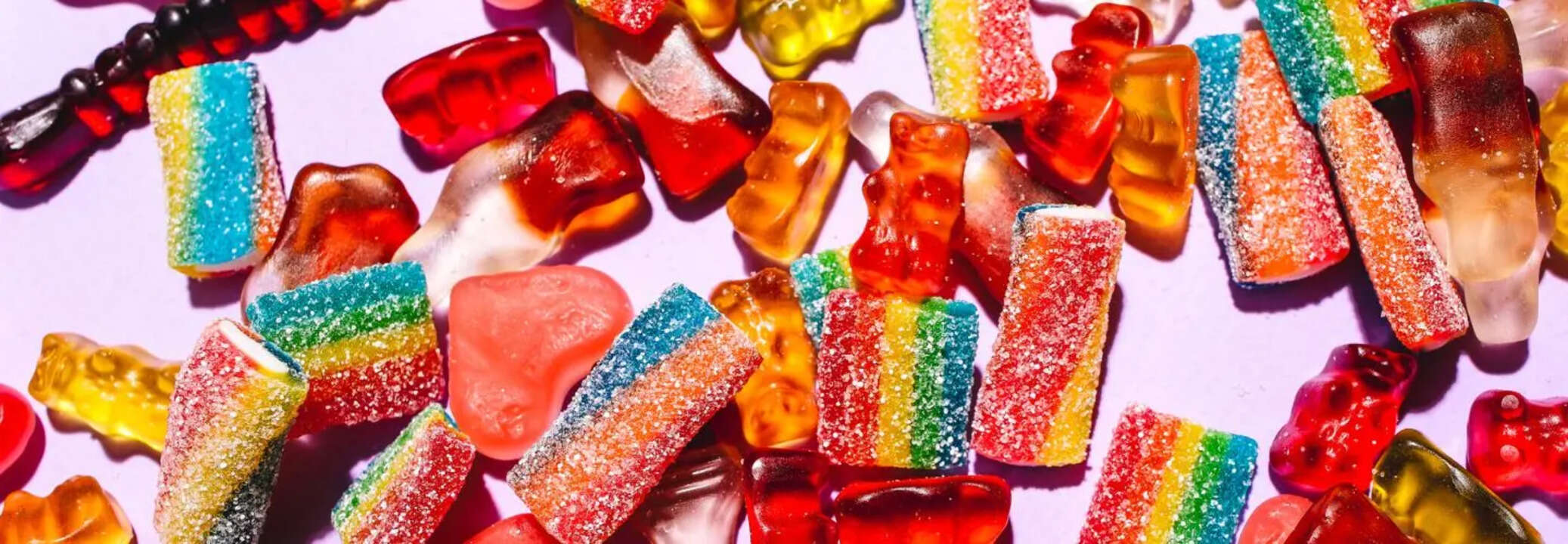What Is RFK's Food Dye Plan?

Credits: Canva
Summary The Trump administration’s proposal marks one of the most comprehensive efforts to clean up America’s food supply in recent years—but it remains to be seen how quickly and fully it can be implemented.
End of Article
